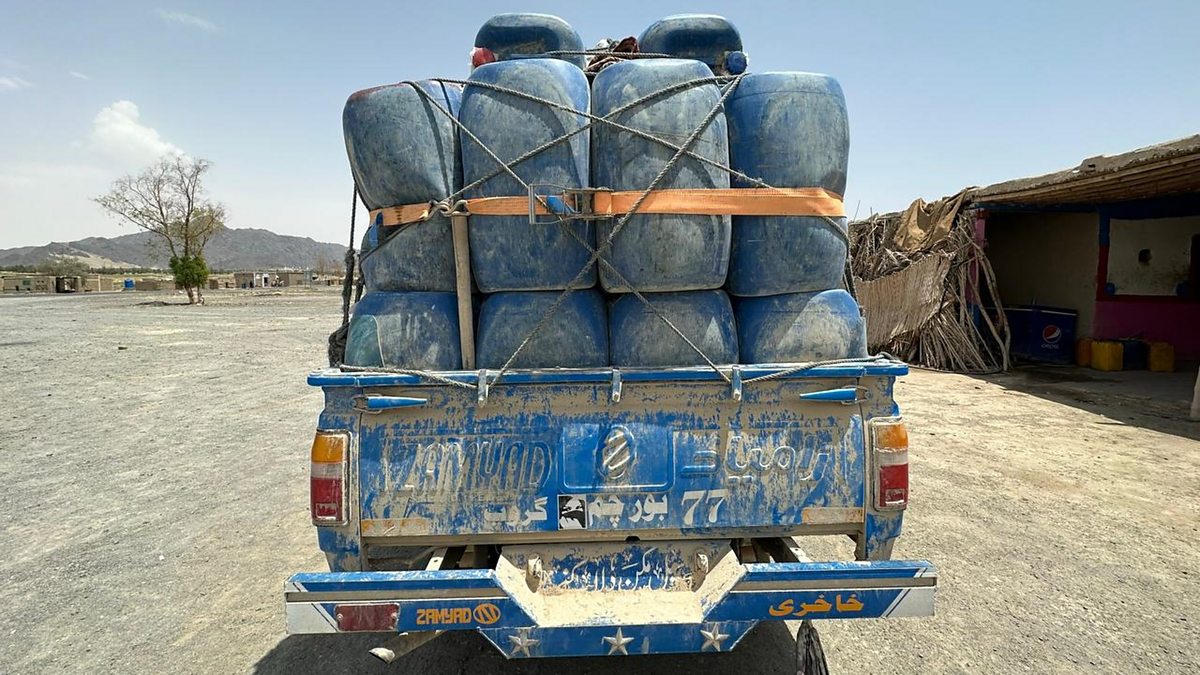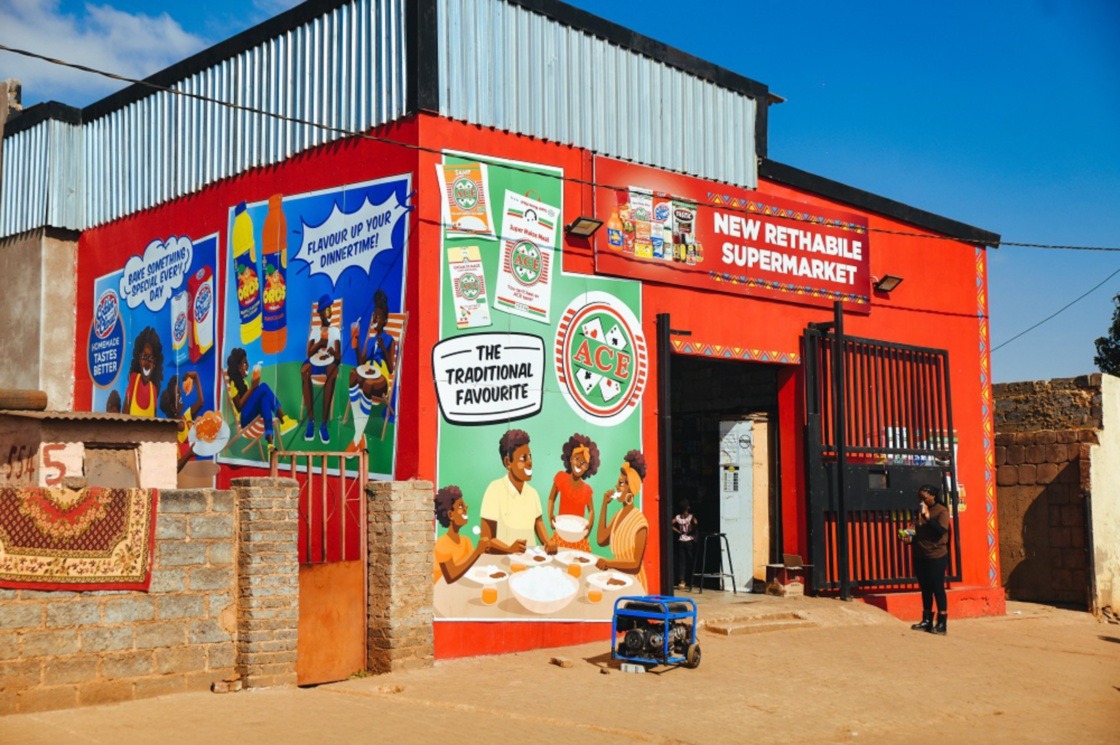
Introduction
Digital Connectivity is accelerating Africa’s shift toward a tech-enabled economy. A new partnership between Rain Communications and Agile Solutions Provider is creating ultra-high-capacity data connections from Kenya to South Africa. These inter-country routes support bandwidth from 1 Gbps to 100 Gbps, enabling faster processing, cloud access, and real-time data movement between the continent’s busiest data centres.
This development marks a major step toward African digital independence, where the continent no longer relies on Europe or Asia for routing traffic between African countries. Businesses will now have faster, cheaper, and more reliable data movement across borders.
The partnership arrives at a moment of rising demand for cloud hosting, fintech operations, streaming platforms, and AI adoption in Africa. With stronger infrastructure, the region gains a foundation to scale innovation, job creation, and digital trade.
Digital Connectivity Expands Cross-Border Data Capacity
The new Kenya–South Africa data route marks a milestone in Digital Connectivity by enabling scalable bandwidth from 1 Gbps to 100 Gbps. Traditionally, cross-border traffic often traveled outside the continent before returning to Africa, adding cost and latency. The new routes allow local traffic to remain within Africa, reducing delays and improving digital efficiency.
These enhanced connections allow businesses to run cloud services, fintech apps, video conferencing, and content platforms with improved speed and reliability. For companies working across multiple regions—like logistics, finance, and retail—real-time data flow becomes a competitive advantage.
By expanding capacity, Rain and Agile Solutions Provider are lowering barriers for African startups that previously couldn’t afford high-speed connectivity. Now, the cost per gigabit is lower, opening opportunities for innovation-driven industries and cloud-based digital infrastructure.
Digital Connectivity Strengthens Cloud Adoption
Cloud migration across Africa has been increasing steadily, and Digital Connectivity plays a major role in enabling that shift. With faster data transfers, companies can finally host applications in regional cloud facilities without slow performance or high latency.
Rather than relying on data centers outside the continent, businesses can now store and process data locally. This improves cybersecurity, reduces costs, and speeds up access by minimizing physical distance between users and servers.
For global cloud providers like AWS, Microsoft Azure, and Google Cloud, improved routing encourages more investment into regional data centers. This creates a domino effect: more data centers lead to lower service pricing, which leads to greater digital adoption.
A stronger cloud ecosystem empowers startups and government agencies to reduce infrastructure costs and focus on innovation.
Digital Connectivity Enables Affordable Internet for Businesses
The partnership offers a direct commercial benefit: cheaper wholesale data transport pricing. Improved Digital Connectivity reduces the cost of moving data, and that cost saving eventually flows down to users.
Lower wholesale prices enable telecom operators and Internet service providers to offer more affordable internet packages to small and medium-sized businesses. Creating cost efficiency is critical in Africa’s digital economy, where many enterprises operate with thin profit margins.
Affordable internet unlocks new markets for e-commerce, digital services, and mobile banking. When internet costs fall, tech adoption increases—which benefits the entire economy.
Digital Connectivity Boosts Data Sovereignty and Security
Data sovereignty has become a crucial priority for African governments and businesses. Many organizations require sensitive data to stay inside national borders for security reasons. Digital Connectivity helps Africa improve its data autonomy.
By routing data within the continent, fewer international exchanges are required. This reduces the risk of interception, increases privacy, and ensures compliance with local data protection laws.
Government agencies, hospitals, and financial institutions benefit from enhanced control over where their data is stored and processed. Strengthening data sovereignty supports national cybersecurity goals and reduces reliance on international networks.
Digital Connectivity Accelerates Fintech and Mobile Money Growth
Africa is the world leader in mobile money, and Digital Connectivity helps scale fintech services. Faster cross-border links improve real-time transaction processing, especially for systems handling millions of payments daily.
Fintech apps depend on reliable, low-latency connections to verify transactions and communicate with financial institutions. When processing speeds increase, transaction times decrease, improving customer satisfaction.
The improved cross-country connection also supports the growth of digital banking and instant payments across borders—an important step toward regional financial integration.
Digital Connectivity Supports Data Centres and ICT Investments
Africa is positioning itself as a hub for international technology investments. Major players—including Teraco, Africa Data Centres, and Liquid Intelligent Technologies—are rapidly expanding infrastructure.
Digital Connectivity plays a direct role in attracting further investment. Companies prefer to build where connectivity is strong, reliable, and affordable.
A strong digital backbone attracts hyperscalers, web hosting companies, AI developers, and cloud service providers. The more infrastructure Africa builds, the more it becomes part of the global digital value chain.
Digital Connectivity Drives Job Creation and Skill Development
The partnership fuels job creation beyond the technology sector. Strong infrastructure encourages multinational companies and tech startups to expand within Africa.
Better connectivity enables jobs in:
- Data center management
- Software development
- Cybersecurity
- AI development
- Fintech innovation
Furthermore, universities and education platforms benefit from better online resources. Skills in coding, design, cloud management, and analytics become easier to teach and learn when connectivity challenges are minimized.
Digital Connectivity Enables AI and Emerging Technologies
Artificial intelligence requires high-speed data movement and low latency. Digital Connectivity allows companies to train and deploy AI models faster by connecting processing centers across the continent.
Industries benefiting include:
- Healthcare (diagnostic AI systems)
- Retail (automated logistics tools)
- Government services (smart city programs)
Improved infrastructure creates an environment where African innovation can grow.
(FAQs]
Q1: What is Digital Connectivity?
Digital Connectivity refers to the ability to move data quickly and efficiently using high-speed telecom infrastructure.
Q2: How will Digital Connectivity benefit businesses in Africa?
It improves data speeds, lowers costs, enhances cloud adoption, and enables real-time communication.
Q3: Does Digital Connectivity reduce internet costs?
Yes, stronger infrastructure lowers wholesale pricing, which leads to more affordable internet for users.
Conclusion
Digital Connectivity is more than a technical upgrade—it is a catalyst for economic growth across Africa. The partnership between Rain Communications and Agile Solutions Provider shows how increased data capacity can reshape cloud adoption, fintech operations, business scalability, and digital trade between Kenya and South Africa.
By keeping data within the continent and lowering cross-border costs, the region is building strong foundations for innovation, job creation, and technological independence.
Africa’s future is digital—and it is being built one connection at a time.


